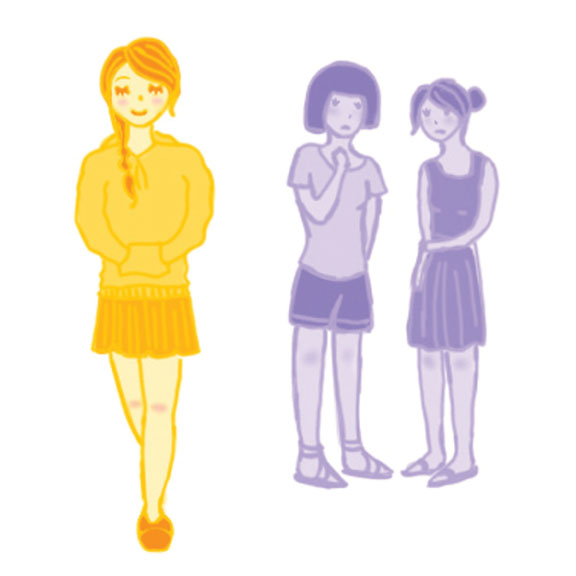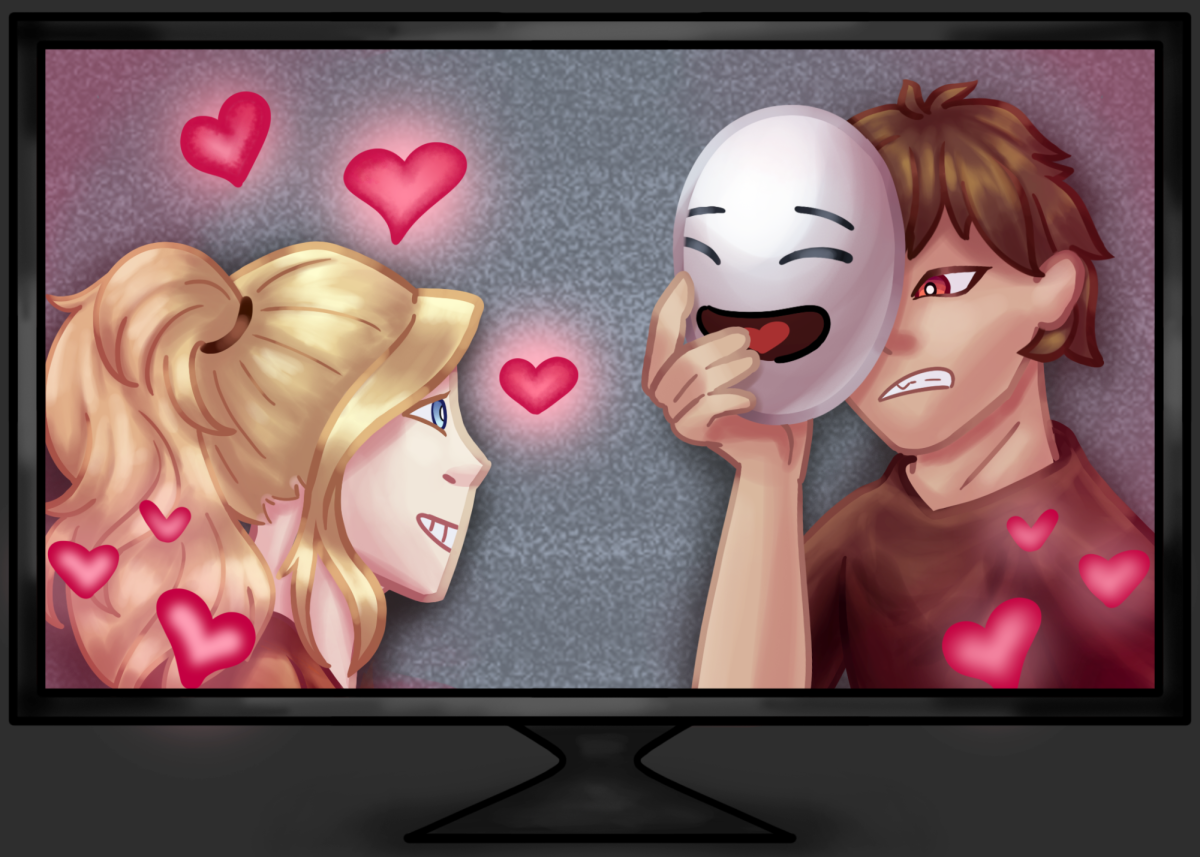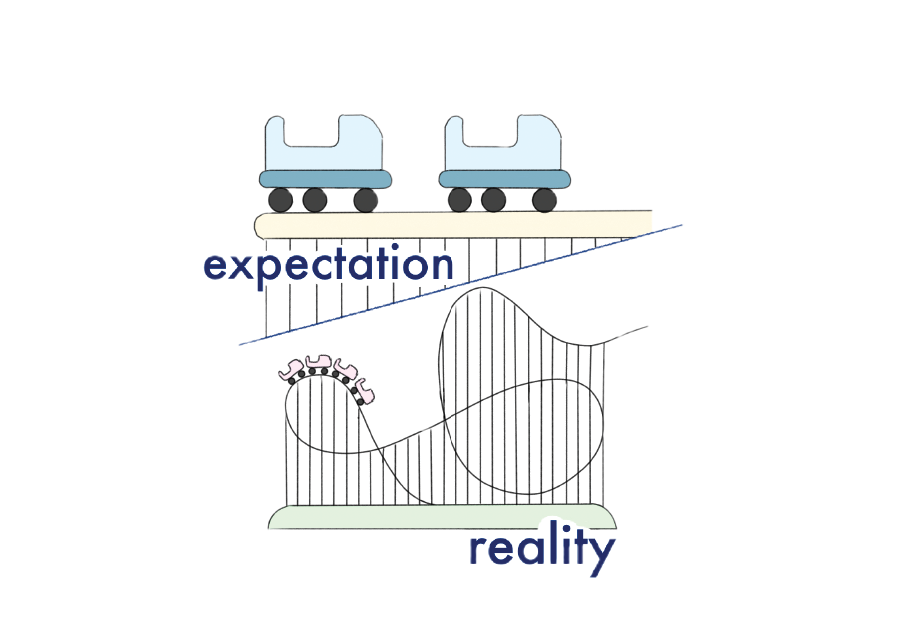
As a member of the Hockaday community, I’d like to think that if we agree on anything it is that we are confident, independent women. As students of the present and pioneers of the future, we brave many things alone, whether it be chemistry labs and seminar papers or leadership positions and community service endeavors. Like Allen in “The Hangover,” we can proudly call ourselves “one-man wolf packs” without a hint of shame.
But let’s be honest: when it comes down to a Chipotle run or a trip to the movie theater, we scramble to find a friend, foe, acquaintance—anyone—to tag along.
I sense a double standard. For a culture that touts rugged individualism, we sure hate being alone. Somewhere along the line, our culture conflated flying solo in public with being friendless. And being friendless has its obvious connotations—after all, we want people to think we have an entourage, not a hundred cats waiting for us at home.
These connotations are somewhat ingrained in our subconscious. They are also completely misguided.
I’m not here to argue that having friends is not necessary. Because it undoubtedly is (unless you’re Caesar). After all, we are social animals; everyone from Aristotle to Oprah has given their two cents about the importance of friendship.
However, an inconsistency does exist between expectation and reality. While I’m sure our ancestors reaped the evolutionary advantages of snap-judgment, the environment for discrimination is now outdated. The expectation and judgment is that having friends means having people around you all the time. The reality is that your friends have lives as well. They are not always there to hang out with you. Standing alone at a party or eating alone at a restaurant shouldn’t translate to you living a life of a recluse, for a true recluse would not be in either situation. The same applies to movie-watching, coffee-running, and clothes-hunting. Yet, our culture continues to ignore this obvious reality in favor of some unfeasible ideal, projecting judgment on people who choose to go solo in public.
But when I looked deeper into this situation, I found something unexpected. Time for a demonstrative pop quiz: think of the last time you were waiting for a friend to arrive at a public place. Did you: a) sit on the bench twiddling your thumbs, vulnerable to the judgment of passer-byers; or b) whip out your cell phone and pretend to text people in an attempt to outwardly display your plethora of friends? Most would choose b.
The cell phone trick reveals something about us: we don’t have constant need for friends. Rather, we have a need for other people to know that we have friends.
I suppose this makes sense on the most superficial level. After all, our reputations are completely based on external perceptions. In other words, what you see is what you get.
But at the end of the day, I think we just shouldn’t deliver. I want there to be a day when I can watch “The Hunger Games” or eat a taco or visit a museum alone without feeling the need to take out my cell phone and pretend to text my imaginary friend when (in all honesty) I’m just playing Fruit Ninja. Let’s cut ourselves a break here.
– Kristin






